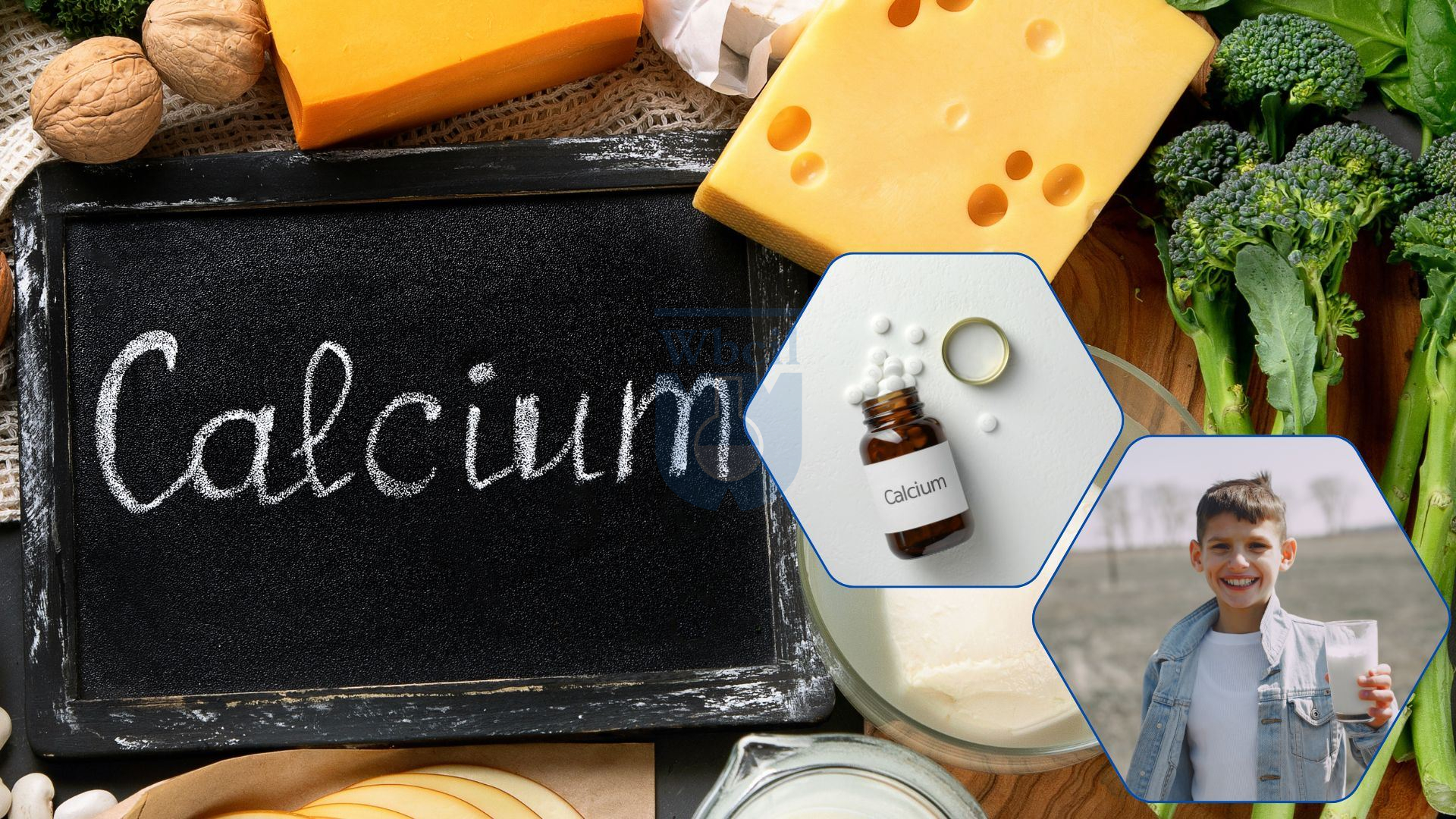Protecting Moms and Babies: The Impact of Calcium APIs on Reducing Preterm Births
Imagine a ticking clock, racing against time to deliver a fragile new life into the world. Preterm birth, striking before 37 weeks of gestation, is one of the leading culprits behind neonatal deaths and lifelong complications globally. Despite the leaps we’ve made in prenatal care—like a skilled gardener tending to a delicate bloom—nutrition remains a wild card we can still tame. Enter the unsung hero of this story: calcium supplementation, powered by high-purity Calcium APIs, offering a scientifically backed lifeline to reduce preterm births and nurture healthier beginnings.
Understanding Preterm Birth
Picture preterm birth as a storm interrupting a ship’s voyage before it reaches safe harbor. Defined as delivery before 37 weeks, it affects roughly 15 million babies annually—about 1 in 10 births worldwide [1]. Regions like Sub-Saharan Africa and South Asia bear the heaviest burden, with rates soaring as high as 13% [2]. The triggers? A tangled web of nutritional gaps, biological quirks like infections, and lifestyle factors such as stress or smoking. For babies born too soon, the aftermath can be a rocky shore—neurological delays, breathing struggles, and developmental hurdles cast long shadows over their futures.
The Role of Calcium in Pregnancy
Think of calcium as the sturdy scaffolding of a growing skyscraper. During pregnancy, a mother’s body becomes a bustling construction site, demanding up to 1,000 mg of this mineral daily to craft fetal bones and keep her own muscles and nerves humming [3,4]. Beyond building tiny skeletons, calcium acts like a maestro, conducting uterine muscle tone to prevent preterm contractions from striking too early. It also moonlights as a gatekeeper, regulating blood pressure to fend off preeclampsia—a notorious accomplice of preterm births.
What Does the Research Say?
Science has been shining a spotlight on calcium’s starring role. The World Health Organization (WHO) recommends 1.5–2 grams of elemental calcium daily for pregnant women in low-intake regions, a strategy rooted in evidence from meta-analyses [5]. These studies reveal that calcium supplementation during pregnancy slashes preterm birth risk by up to 24% and preeclampsia by 55% [6,7]. Landmark trials in South Asia and Sub-Saharan Africa—like beacons in the fog—show calcium soothing uterine irritability and taming hypertension, key culprits behind preterm births. The numbers don’t lie: in one study, preterm births dropped from 9.2% to 6.7% with consistent supplementation [8].
Why Calcium Deficiency Is Common in Pregnancy
Calcium deficiency in pregnant women is like a silent drought creeping across fertile land. In many populations—especially vegetarians or those on low-dairy diets—intake hovers below 500 mg daily, far short of pregnancy’s soaring needs [9]. Low- and middle-income countries see this gap widen, with calcium-rich diets often out of reach. Add a lack of awareness and patchy supplementation programs, and you’ve got a perfect storm leaving moms and babies vulnerable to preterm births.

How Calcium Supplementation Helps Reduce Preterm Birth
Imagine calcium as a gentle hand calming a restless sea. By modulating oxytocin—a hormone that can trigger early contractions—it helps keep the uterus steady, reducing the odds of preterm births [10,11]. It also stands guard against hypertensive disorders, a major domino in the preterm cascade. For the fetus, it’s a master builder, enhancing skeletal mineralization to ensure a strong start. The sweet spot? Safe, steady doses between 1.5–2 grams daily, ideally starting in the second trimester, offer a shield against premature labor [12,13,14].
The API Advantage: Why Purity and Stability Matter
Not all calcium is created equal—it’s the difference between a rough sketch and a masterpiece. Calcium APIs (Active Pharmaceutical Ingredients) are the refined essence behind prenatal supplements, distinct from crude formulations [15]. High-purity calcium for maternal health ensures every dose is potent, stable, and free of contaminants that could muddy the waters. Subpar APIs? They risk poor absorption, inconsistent dosing, or even toxicity—threats no mother should face. Pharmaceutical-grade Calcium APIs, like those from trusted manufacturers, deliver the reliability needed to combat preterm births effectively.
WBCIL’s Role in Calcium APIs for Maternal Health
Enter WBCIL, a trailblazer forging tools to protect moms and babies. Their lineup—Calcium Citrate, Calcium Lactate Gluconate, and Calcium Acetate—stands as pillars of quality, crafted under GMP-compliant conditions and backed by global certifications [16]. These Calcium APIs for prenatal supplements are tailored for manufacturers aiming to bolster maternal health programs, from WHO initiatives to UNFPA partnerships. In regions like India and Southeast Asia, where calcium supplementation programs are gaining traction, WBCIL’s innovations align with the mission to shrink preterm birth rates and elevate neonatal health.
Conclusion: Calcium’s Role in Saving Lives
Preterm births are not an inevitable tempest—we hold the power to calm the waters. Calcium, wielded through high-purity APIs, emerges as a proven ally, cutting risks and laying the foundation for thriving mothers and babies. Healthcare providers and supplement brands stand at a crossroads: embrace this science-backed solution and turn the tide. Ready to act? Partner with WBCIL for trusted, WHO-compliant Calcium APIs designed to shield against preterm births and champion maternal health worldwide.
